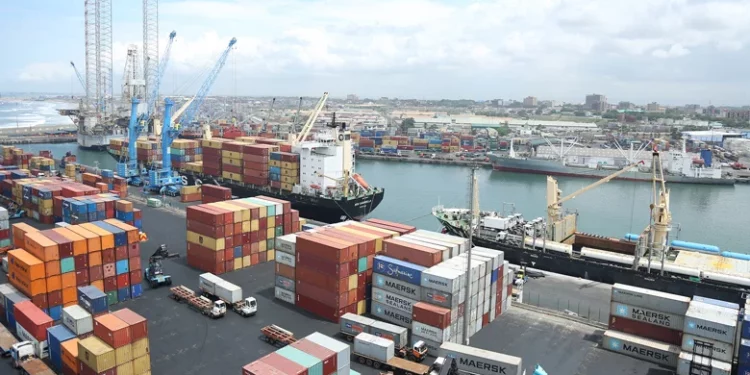Ghana Secures 0% Tariff Access to Chinese Market in Major Trade Breakthrough
Ghana has secured full tariff-free access to the Chinese market for all its exports, marking a significant milestone in the deepening of economic relations between the two countries.
The announcement was made by Minister of Foreign Affairs and Regional Integration, Samuel Okudzeto Ablakwa, via social media platform X (formerly Twitter) on Wednesday, June 12, 2025.
According to the Minister, the new trade arrangement allows for 0% tariffs on 100% of Ghanaian exports to China—Africa’s top trading partner—paving the way for increased trade volumes, job creation, and entrepreneurial growth in Ghana.
“China has offered 0% tariff on all exports from Ghana,” Mr Ablakwa stated, following high-level bilateral discussions held with China’s Foreign Minister, His Excellency Wang Yi. “President Mahama’s administration is firmly committed to leveraging diplomacy for the transformation of our dear country.”
The tariff waiver comes at a time when bilateral trade between Ghana and China continues to soar, with total trade volumes exceeding US$11 billion in 2024 alone. The new regime is expected to further boost Ghana’s access to the Chinese market—the world’s second-largest consumer economy—and enhance competitiveness for Ghanaian goods.
Industrialisation and Strategic Minerals in Focus
Beyond the trade deal, Mr Ablakwa revealed that talks also focused on advancing strategic industrial projects aligned with President John Mahama’s development agenda.
Central to these discussions was the exploitation of Ghana’s bauxite reserves, which are estimated at over 900 million tonnes. The bauxite is earmarked for use in building an integrated aluminium industry in Ghana—an initiative expected to be supported by the development of modern rail infrastructure to facilitate efficient transportation of raw materials and finished products.
The aim, according to the Minister, is to shift Ghana’s economic model from raw material exports to value-added processing and industrialisation.
Electric Vehicle Manufacturing and Green Economy Transition
In a move that signals Ghana’s entry into the global green industrial value chain, both countries also agreed to collaborate on the establishment of an electric vehicle (EV) manufacturing plant in Ghana.
The plant will be anchored on Ghana’s recently confirmed strategic lithium deposits, with initial geological estimates pointing to millions of tonnes of lithium oxide—a critical mineral in the production of batteries for electric cars.
The project, once implemented, is expected to position Ghana as a key player in the global transition to clean and sustainable energy technologies.
Economic Partnership Agreement on the Horizon
To formalise these bilateral initiatives, Mr Ablakwa disclosed that Ghana and China are set to sign a special Economic Partnership Agreement (EPA) that will institutionalise cooperation across multiple sectors including trade, industry, infrastructure, and green technology.
“The agreements we are entering into with China represent a strategic pivot towards industrialisation and sustained economic growth through international collaboration,” the Foreign Minister stated.
The development marks one of the most comprehensive trade and industrial cooperation frameworks between Ghana and China in recent years, reinforcing the Mahama-led administration’s strategy of using diplomacy as a key tool for national transformation.








